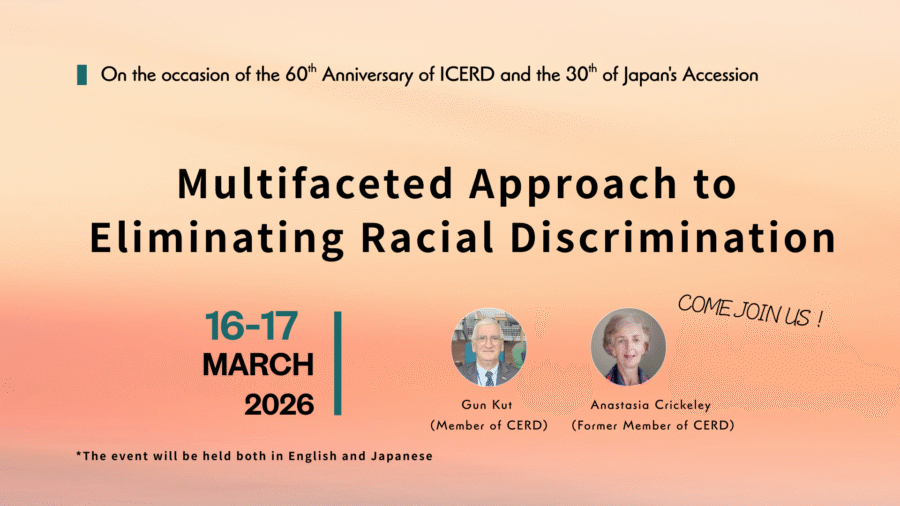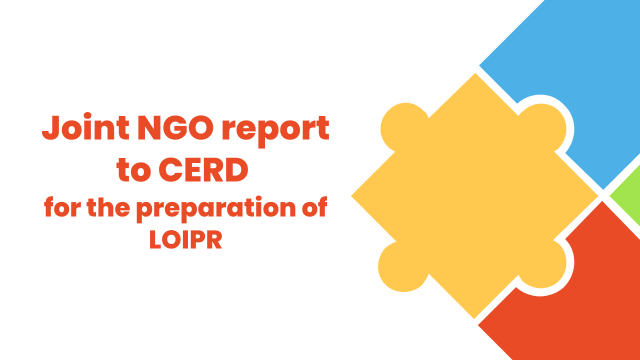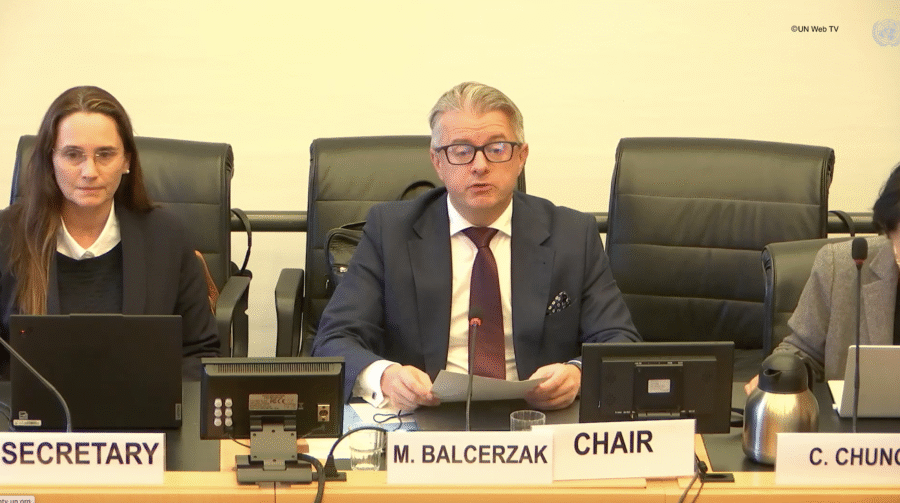Appeal to the UN Human Rights Council and the Government of Sri Lanka
February 23, 2015
To demand credible accountability processes for truth and justice in Sri Lanka, IMADR sent an appeal to the UN Human Rights Council and the Government of Sri Lanka today. Whole statement can be read below or downloaded here. ![]()
———
Appeal to the UN Human Rights Council and the Government of Sri Lanka
23 February 2015
We applaud the Sri Lankan people for the valiant struggle for democracy. Human rights defenders have also struggled for democracy, accountability and reconciliation in Sri Lanka and cooperated with the UN with high risks. Some died and some others survived to carry out these challenges. IMADR congratulates the President of Sri Lanka for affirming the need to comply with the international obligations during his speech on the Independence Day (4th February). We also take note of the assurances given to corporate with the NGOs and civil society in general in the letter presented by the Foreign Minister to the High Commissioner Zeid dated on 13 February.
This appeal is made one week after the consensus established at the Human Rights Council (HRC) which emerged for deferral of the OHCHR Investigation on Sri Lanka (OISL) report. We urge the HRC to take note the present circumstances in Sri Lanka which are still uncertain, including whether domestic processes will be credible and can deliver truth and justice. The OISL report is the first and the last credible investigation to what happened in the final stage of the internal war. The deferral poses serious concern for accountability and justice which victims have hoped for long time, as well as it may allow perpetrators to seek impunity. We therefore encourage the HRC members and observers to request the Government of Sri Lanka to fully cooperate with the UN for accountability processes. The history of failed domestic measures for their independence and credibility highlights the need for a “hybrid” mechanism co-established by the Government of Sri Lanka and the UN. We also urge the HRC to provide a mandate for continuous monitoring of the human rights situation in Sri Lanka once the OISL report is released.
By no later than September, we call upon the Government of Sri Lanka to:
(1) Constructively engage with the HRC and the OISL in terms of the present investigation and for a comprehensive debate at future HRC sessions;
(2) Initiate immediate legal and policy reforms to introduce processes that are independent and impartial, and have the necessary resources and expertise to carry out investigations and inquiries;
(3) Introduce a victim and witness protection legislation and mechanism;
(4) Facilitate the pending visits of UN Special Procedures including the United Nations Working Group on Enforced or Involuntary Disappearances (UNWGEID);
(5) Initiate a comprehensive reparations programme that addresses the grievances of affected communities; and
(6) Ratify the International Convention for the Protection of All Persons from Enforced Disappearance, and criminalise disappearances by introducing a domestic legislation between March and September 2015.





